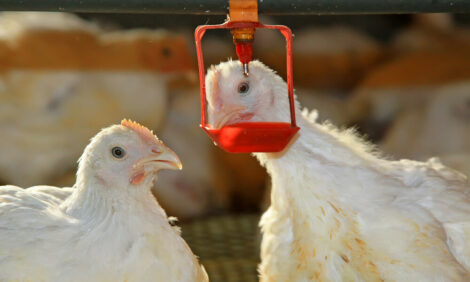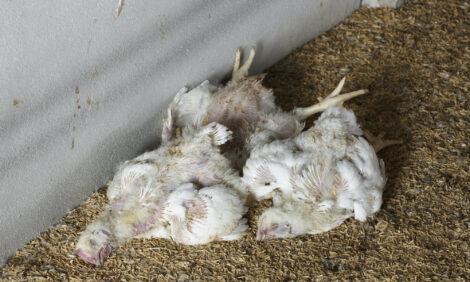



Hotel Earns Praise for Leadership in Animal Welfare
KARNATAKA, INDIA - Humane Society International is praising the Crowne Plaza Bengaluru-Electronics City Hotel and Resort for being the first in the Indian hospitality industry to phase out its procurement of eggs from hens confined in cages or continually confined indoors in sheds.By initiating the use of free-range eggs, the hotel joins an international movement against the cruel confinement of egg-laying hens in battery cages.
The majority of egg-laying hens in India spend their lives crowded into cages so small, the birds can barely move more than a few inches or even stretch their wings. "Free range" eggs come from hens who can move about freely within a large yard or take cover in a sizable indoor enclosure, and can engage in natural behaviour such as foraging outdoors, perching, and nesting.
"Crowne Plaza Bengaluru-Electronics City has chosen to use free range eggs as we are committed to having a socially responsible business and want to have a positive impact on the environment and animals," said Manasi Ahuja, director of sales.
"Humane Society International commends Crowne Plaza's leadership in helping to end one of the worst abuses of farmed animals," said N.G. Jayasimha, HSI's campaign manager in India. "Crowne Plaza is setting a positive example for others in the Indian hospitality industry to follow."
Crowne Plaza Bengaluru-Electronics City’s decision to implement higher animal welfare standards comes on the heels of a growing movement against battery cage egg production and farm animal cruelty within the country.
Hotels including Crowne Plaza Today-Gurgaon, Four Seasons Hotel Mumbai and Hotel Ramada Plaza New Delhi, as well as specialty restaurant Hao Shi Nian Nian and celebrity chef Mako Ravindran have ended their use of eggs from caged hens.
Facts:
- India's factory farms confine more than140 to 200 million hens in barren battery cages. Each bird lives within a space smaller than a single sheet of paper for more than a year before she's slaughtered.
- In India, factory farms that confine more than 50,000 birds within a single shed are increasingly common.
- Happy Hens Farm became the first Indian producer to label its eggs as "free-range", as an indication of their hens’ high welfare and space allowances. Hens on their farm can move about freely within a large yard or take cover in a spacious indoor enclosure, and can engage in natural behaviour such as foraging outdoors, perching, and nesting.









